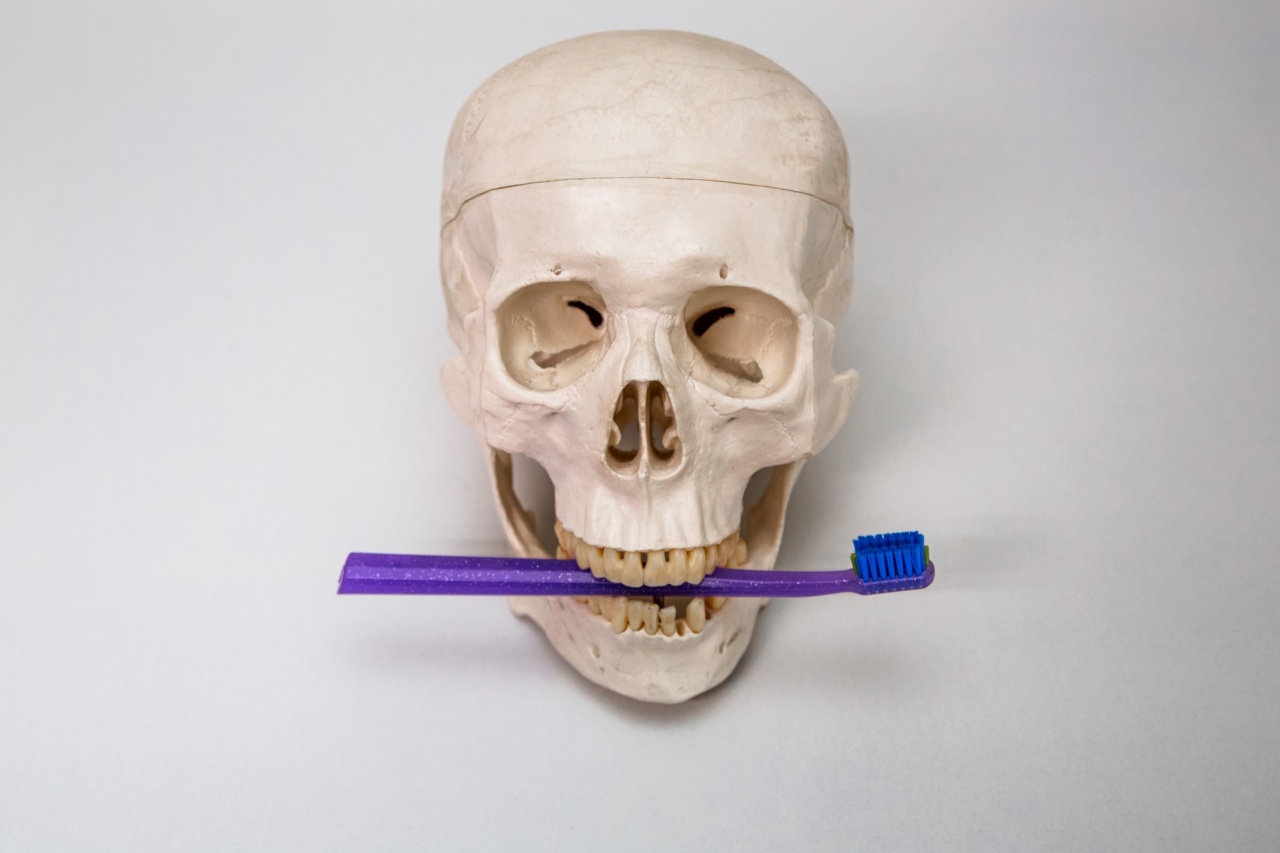Bone health is a very important aspect of our overall health and well-being. Bones provide structural support to the body, protect organs, and store essential minerals like calcium.
However, as we age, our bones tend to lose their mass, and we become more prone to developing osteoporosis. This condition causes bones to become weak, brittle, and susceptible to fractures. But, there are several ways to prevent bone mass loss and osteoporosis. In this article, we will discuss some effective ways to do so.
: 1. Eat a balanced diet
One of the most important ways to prevent bone mass loss and osteoporosis is to eat a balanced diet that is rich in calcium, vitamin D, and other essential nutrients.
Calcium is a mineral that is essential for bone health and helps to build and maintain strong bones. Vitamin D helps the body to absorb calcium and is also important for bone health. Foods that are rich in calcium include dairy products, leafy green vegetables, nuts, and fish.
Vitamin D is found in egg yolks, fish, and fortified foods like milk and cereal.
: 2. Exercise regularly
Regular exercise is another important way to prevent bone mass loss and osteoporosis. Weight-bearing exercises like walking, running, and dancing help to strengthen bones and increase bone density.
Resistance exercises like weight lifting also help to build bone mass. Aim for at least 30 minutes of exercise most days of the week.
: 3. Stop smoking
Smoking has been found to increase the risk of developing osteoporosis. Smokers tend to have lower bone density than non-smokers, and they also have a higher risk of developing fractures.
If you smoke, try to quit as soon as possible to help protect your bone health.
: 4. Limit alcohol intake
Drinking too much alcohol can also increase the risk of developing osteoporosis. Alcohol can interfere with the body’s absorption of calcium, which is essential for bone health. Try to limit alcohol consumption to no more than one drink per day.
: 5. Get regular bone density tests
If you are at risk of developing osteoporosis, it is important to get regular bone density tests. These tests measure the amount of calcium and other minerals in your bones and can help to detect bone loss before it becomes too severe.
Talk to your doctor to see how often you should get a bone density test.
: 6. Take supplements if necessary
If you are not getting enough calcium and vitamin D through your diet, your doctor may recommend taking supplements. Calcium and vitamin D supplements can help to increase bone density and reduce the risk of osteoporosis.
However, it is important to talk to your doctor before taking any supplements, as taking too much of these nutrients can be harmful.
: 7. Stay at a healthy weight
Being underweight can increase the risk of developing osteoporosis, as the bones may not be getting enough nutrients to stay strong. Being overweight can also increase the risk of fractures, as excess weight can put extra stress on the joints and bones.
Aim to maintain a healthy weight through a balanced diet and regular exercise.
: 8. Practice good posture
Practicing good posture can also help to prevent bone mass loss and osteoporosis. Slouching and poor posture can put extra stress on the spine and increase the risk of fractures.
Practice good posture by sitting and standing up straight, keeping your shoulders back and down, and keeping your feet flat on the ground.
: 9. Be careful with medications
Some medications can increase the risk of bone loss and osteoporosis, such as corticosteroids and some anticonvulsants. If you are taking any medications that may increase the risk of bone loss, talk to your doctor about ways to mitigate this risk.
: 10. Stay hydrated
Drinking plenty of water is also important for bone health. Water helps to keep the body hydrated and flush toxins out of the body. Aim for at least 8 glasses of water per day to help keep your bones healthy and strong.































